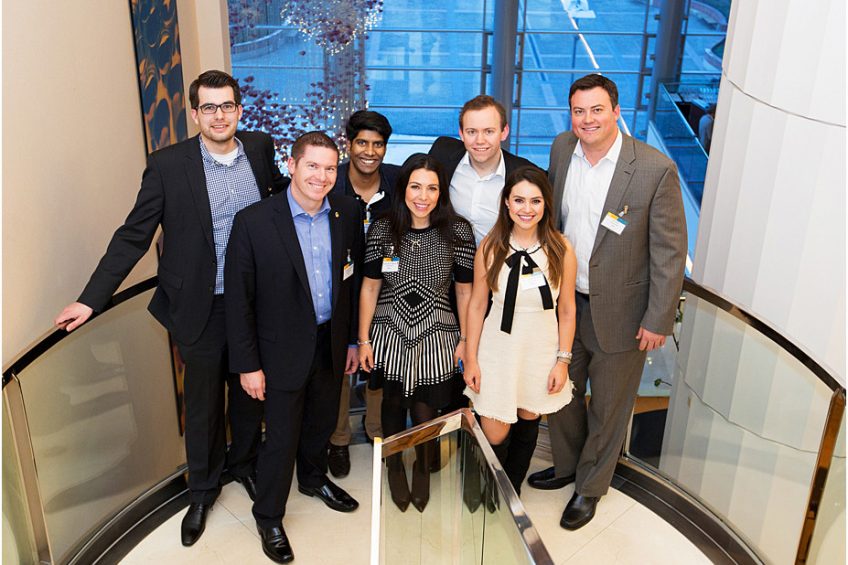Young Egg Leaders as IEC ambassadors – huge benefits

Young egg leaders from around the globe say their experiences of being ambassadors for the International Egg Commission (IEC) have provided huge benefits in terms of knowledge of the global industry and networking.
The aim of the IECs Young Egg Leaders (YEL) programme is to help young egg industry professionals develop their potential and become part of a global network; help businesses with succession planning by investing in their next generation leaders; communicate the scope, depth and challenges of the egg industry and help the egg industry reward, motivate and retain the best people.
The programme is set over a two period with a new group of 6-8 participants starting every April. Each year group interconnects with the previous and incoming year groups to facilitate and encourage participants to build their personal network.
The first year’s crop of YEL are coming to the end of their stint and a number of the leaders were keen to talk up the industry’s critical role in engagement.
Carolina Gutierrez Gonzalez, of Mexican-based hatchery Avicola Jocef, said: “Young farmers should be proud to be part of such an important industry, providing high quality protein in the form of eggs is a huge responsibility and has infinite areas of opportunity. We will offer egg and egg based products that reach young consumers. It includes awareness and sharing the global concern of animal well-being and the use of organic and high quality projects to feed them. The key is always taking the primary sector to the next and better levels.”
Rebeca Gutierrez Gonzalez, of Avicola Jocef, added: “It is important to raise awareness of involving young people in the poultry industry (as the millennial generation) by communicating and giving information about the process of making an egg and of course to gain consumer trust.”
She added that the industry’s primary objective should be to increase global egg consumption and talk up the protein element of the egg.
Ross Dean, from Center Fresh Group, United States, said the industry was an exciting and dynamic environment: “Because there are benefits and trade-offs associated with the various housing systems, we remain focused on maintaining excellent care of our flocks and producing safe, quality eggs.”
The IEC is currently recruiting its third group of young leaders. Hari Mulpuri, of Mulpuri Industries, India, said there were many incentives in becoming part of the programme: “One get a chance to meet people from across the globe and someone, somewhere might have the answers to the problem you are facing now. Whether branding eggs or handling avian influenza or animal welfare, one gets to learn a lot from the global community.”
For more information contact cassy@internationalegg.com












